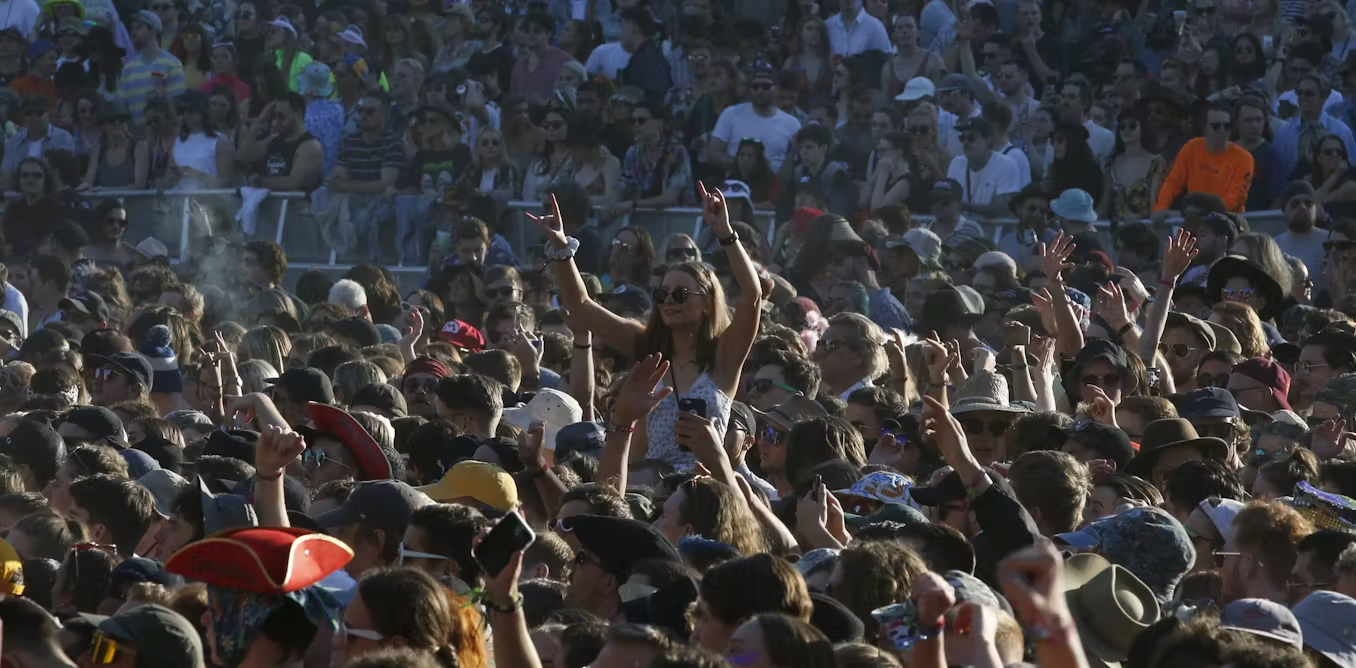
43. The pleasure of being in a crowd
Octavia Estelle Butler, who became the first American science fiction writer to receive the MacArthur Fellowship wrote:
“Religion kept some of my relatives alive, because it was all they had. If they hadn't had some hope of heaven, some companionship in Jesus, they probably would have committed suicide, their lives were so hellish.”
I rate it the best comment on the theory and motive of religion.
Although religion is entirely a personal matter, sadly a fact, not known to a large part of the humanity. I'm talking about Humanity, which has its literal meaning as the human race, which includes everyone on Earth.
This explanation is necessary since it is also a word for the qualities that make us human, such as ‘the ability to love and have compassion, be creative, and not be a robot or alien’.
For the record, the word humanity is from the Latin humanitas for “human nature, kindness”.
My blatant categorization might sound ridiculous to some people. They be damned. I strongly feel that the role of religion is and should be restricted to this much only.
But it is not.
After all, we do have a conscience that needs an answer that asks for one if we really have a bit of mind of our own. Unfortunately, it seems a majority of people have neither. If they can be easily swayed by a simple announcement from a loudspeaker kept at the top of a Temple or Masjid or a Gurudwara, it only reinforces the fact that they could be and in fact, have been at the best a part of crowd, a part of mob.
And there are a number of explanations for mob mentality within social psychology. The most referred is a diffusion of responsibility. That means, being part of a group creates the perception that violent or unacceptable behaviour is not a personal responsibility but a group responsibility.
A sensible human being feels an identity crisis and to solve that, one is always busy creating his or her own identity. That goal forms the center point of his or her activities.
It is the womb that carries personal ambition - to become someone and not somebody. Whereas if, people are part of a group (read mob), they lose their sense of individual identity. The behaviour that are usually seen as unacceptable suddenly become acceptable when others within the group are seen to be carrying them out.
People feel anonymous within a large group, which reduces their sense of responsibility and accountability. The lack of self-awareness increases with the size of the crowd, fast leading to deindividuation and diffusion of responsibility.
Even the emotions vanish. Being part of a group only lead to a heightened emotional state. That could be hostility, excitement, and angst. This is what we see every day around us.
In Bangladesh, in Nepal and in so many countries around the world.